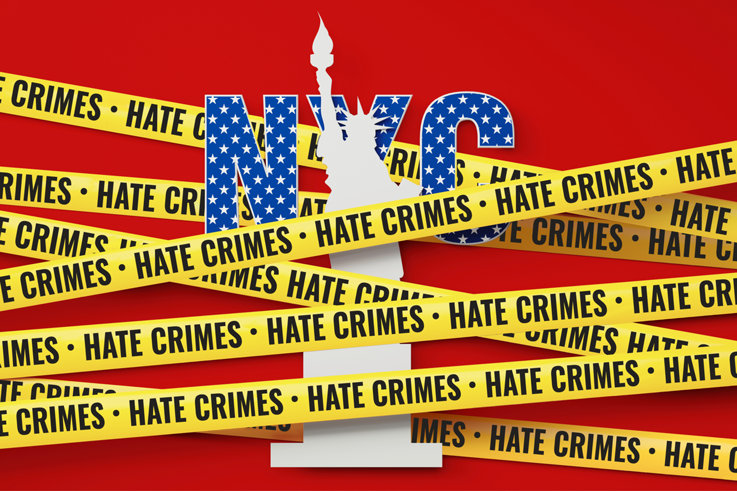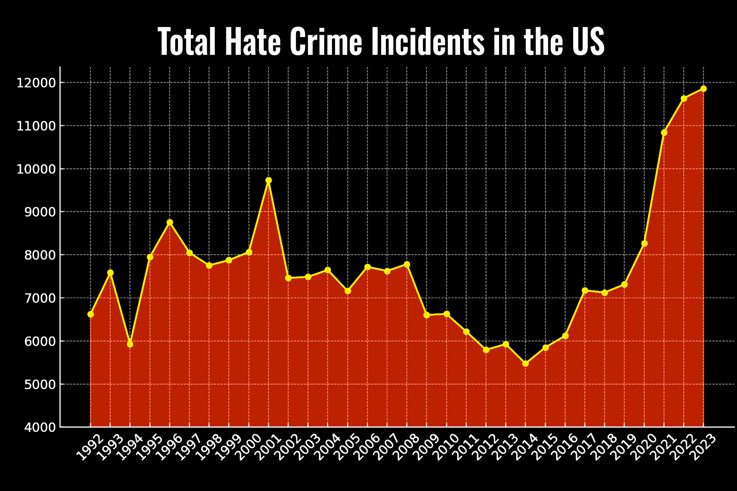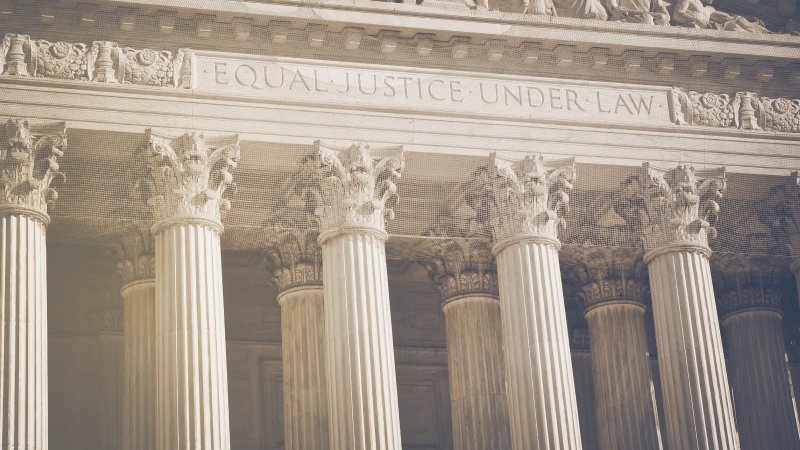
-
HOME
-
WHAT IS STANDOur Mission Our Values Our Help Contact
-
WHAT WE FIGHT FORReligious Freedom Religious Literacy Equality & Human Rights Inclusion & Respect Free Speech Responsible Journalism Corporate Accountability
-
RESOURCESExpert Studies Landmark Decisions White Papers FAQs David Miscavige Religious Freedom Resource Center Freedom of Religion & Human Rights Topic Index Priest-Penitent Privilege Islamophobia
-
HATE MONITORBiased Media Propagandists Hatemongers False Experts Hate Monitor Blog
-
NEWSROOMNews Media Watch Videos Blog
-
TAKE ACTIONCombat Hate & Discrimination Champion Freedom of Religion Demand Accountability
It’s Come to This: An Anti-Hate Hotline for New York City Schools
When I was a kid, I had two best friends. My first best friend was Syrian. A move to a different neighborhood occasioned a change of friends. My next best friend was Jewish.

The significance that one was Syrian and the other was Jewish meant absolutely nothing to me. Zip. Zero. Somehow I never got the message that I was supposed to be prejudiced against either because of their national origin or religion. I never got, “You can’t trust people from the Middle East.” Or “Jews are all the same. You can’t trust them.” Not being in possession of these irrelevant bits of bigotry, I just observed the obvious: They were great people. So were their families.
People have always fomented hate—but it’s easier and faster when you can do it to millions of people all at once.
It wasn’t until the fourth grade that I started to hear things from my classmates like, “My daddy says that if a Catholic becomes president, it will be the end of the world.” “My grandpa says that Jews just want your money.” “My cousin’s friend says that Arabs are cutthroat.”
Even in the fourth grade, it wasn’t lost on me that these kids didn’t actually have a clue of their own about Catholics or Middle Eastern people or Jews or anybody else—they were all following their elder relatives. They were being taught to mistrust. A tradition handed down. Further repetition of these “important lessons” would eventually turn baseless warnings of mistrust into real welded-in hate.
But that apparently took a long time because, in my experience in a school with a diverse student body, while there was some bullying of dweebs by tough guys and mean girls, there was no bullying or violence on account of race, culture or religion. There were no hate crimes.
But that was a long time ago…

Now, in 2024, we’ve come to a point where, in an effort to address rising incidents of antisemitism and Islamophobia, New York City’s Education Department has instituted an anti-hate hotline to report incidents of hate, harassment and discrimination. Incidents related to ethnicity and national origin were already frequent in New York City schools, but they increased by 30% from September 2023 through January 2024. During the same period, incidents related to religion increased by almost 78% from the previous year.
The sharp increase coincides with the conflict in the Middle East, starting in October 2023, but hate crimes were already on an unprecedented steep rise.
The FBI began keeping statistics on hate crimes in 1992. There was an almost immediate rise in the mid-1990s concurrent with the first internet forums, which grew into social media in the early 2000s; studies have shown a direct correlation between hate speech online and hate crimes in the real world. People have always fomented hate—but it’s easier and faster when you can do it to millions of people all at once. And with social media, you don’t even have to be brave enough to look people in the eye when you do it.
That takes me back to what I observed in the fourth grade: People don’t come into the world hating. They are not born to hate. They have to be taught. In elementary school, the lessons in hate came piecemeal from mom and pop or Uncle Bob and Aunt Maude. Today, they may still come from there, but now you can get a new-and-improved version in a 24/7 barrage—along with other forms of cyberbullying and cyberattacks—right on your cell phone. The same cell phone you would use to call the anti-hate hotline.
Not to oversimplify matters, but permit me to state the obvious: The easiest solution would be to not participate in internet hate and start engaging in a friendly manner with other human beings.
You’ll probably meet some new friends. Maybe even a best friend—like mine.









